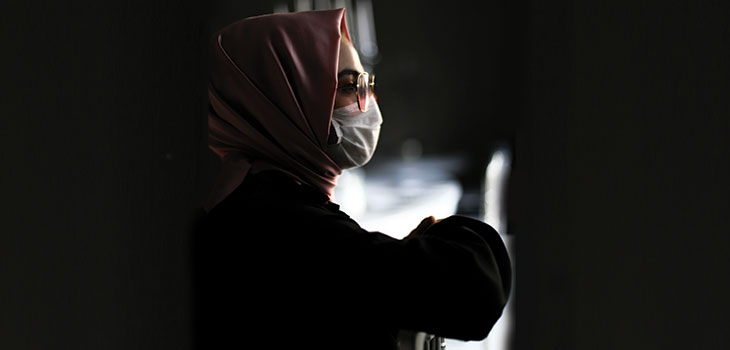
- A number of recent cases demonstrate the many different interests involved in responding to the interconnection between workplace dress codes and religious dress.
In Part 1 of this article I considered the general provisions of the human rights and EU provisions caselaw. Here I move on to consider the Eweida cases and the veil cases, before reaching conclusions.
Eweida v United Kingdom
The four conjoined cases known together as Eweida v United Kingdom [2013] IRLR 231, [2013] All ER (D) 69 (Jan) broke new ground in relation to religious manifestation generally and religious dress in particular, and rejected the proposition that there was no breach of Art 9 of the European Convention on Human Rights (ECHR) because the employee might resign the employment or the student might go elsewhere to school. If at all, this was relevant in the overall weighing of proportionality and not as a jurisdictional









